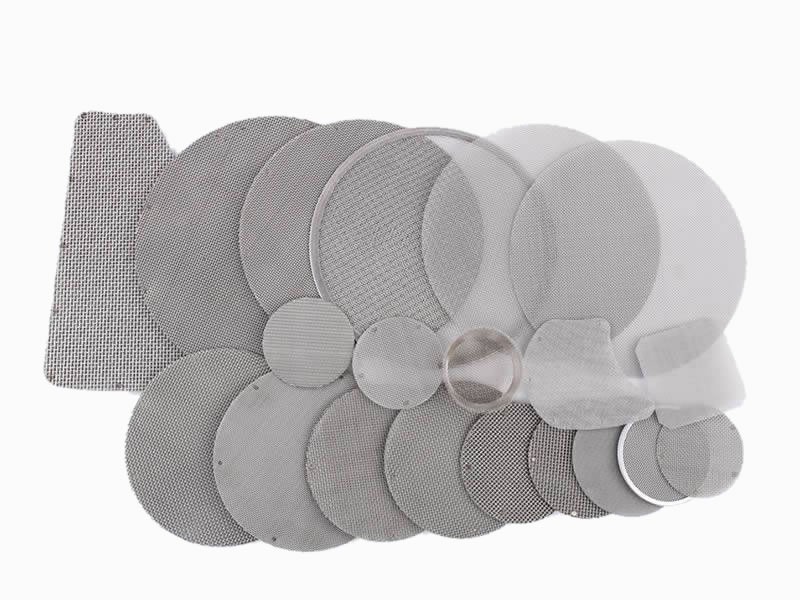Extruder screens play a critical role in filtering out impurities, safeguarding the extrusion process in plastics and rubber production. These screens are essential for upholding product integrity, providing robust strength and lasting durability. Through their effective contaminant blocking capabilities, they ensure the uniform quality of manufactured products, contributing to the overall reliability of industrial manufacturing processes..
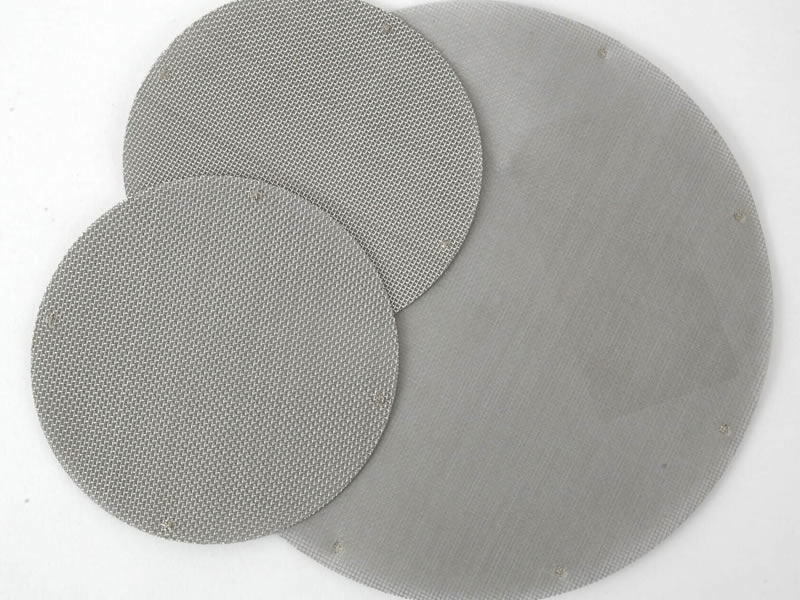
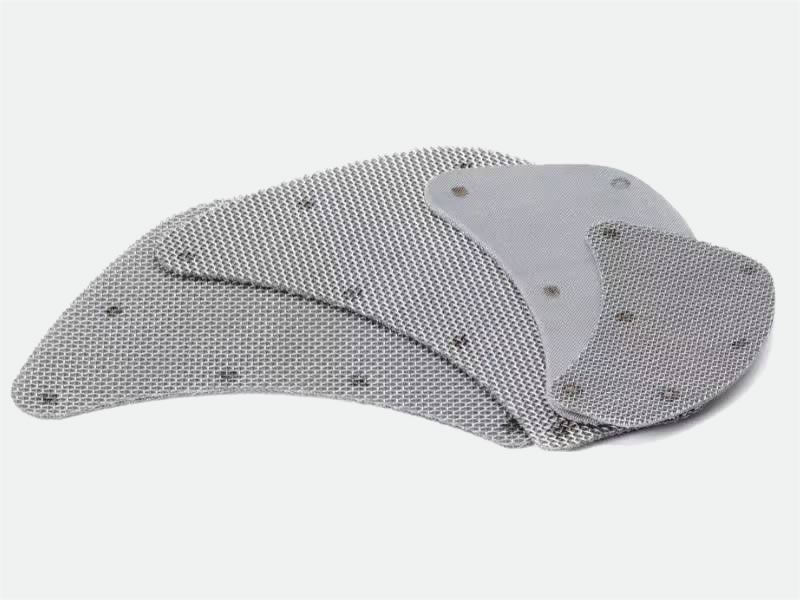
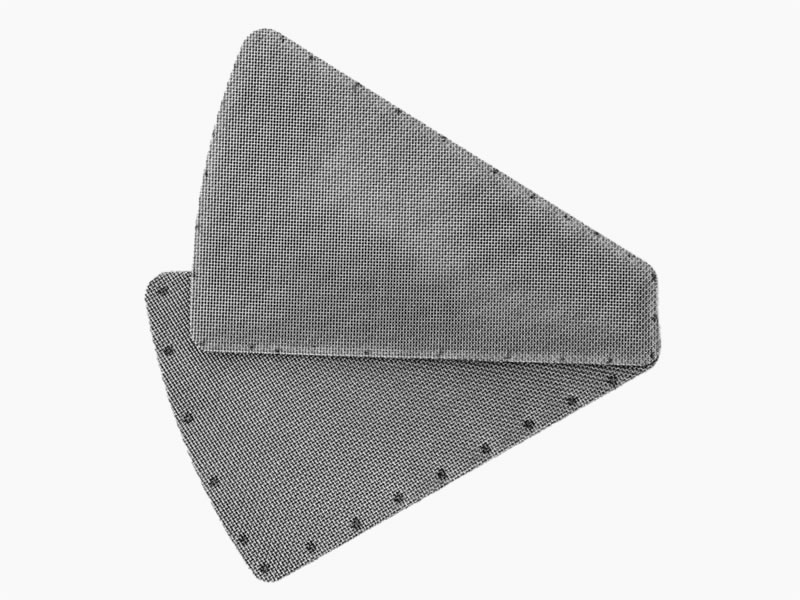
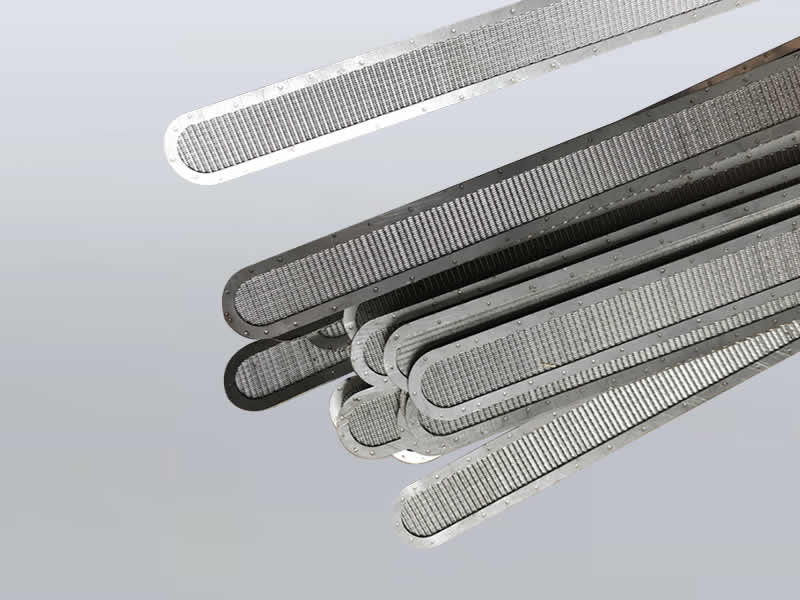
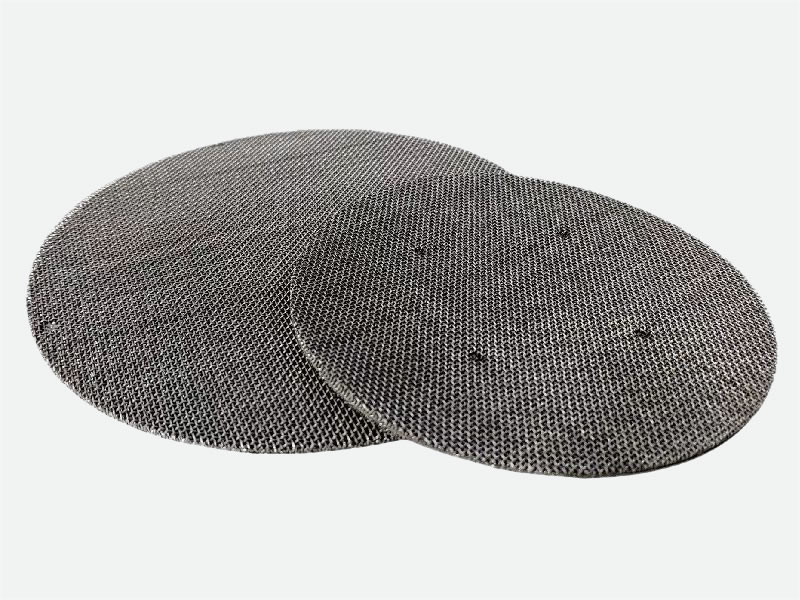
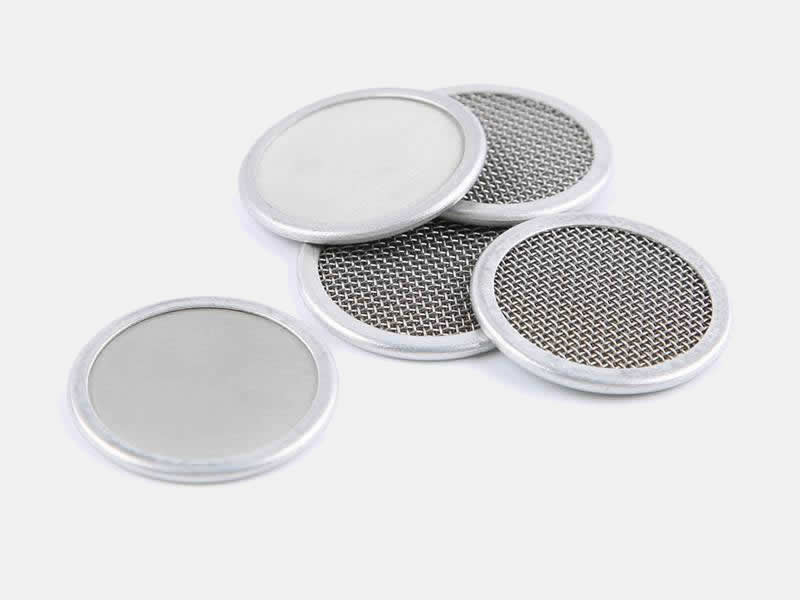
Materials of Extruder Screen
Stainless Steel Grades:
- SS302: Commonly used for its durability and resistance to corrosion.
- SS304: Offers a good balance of corrosion resistance and cost-effectiveness.
- SS304L: A lower carbon version of SS304, enhancing corrosion resistance.
- SS316: Superior corrosion resistance, ideal for harsher environments.
- SS316L: Similar to SS316 but with lower carbon content for even better corrosion resistance.
Exotic Alloys:
- Monel 400: Known for its high strength and resistance to acidic and alkaline environments.
- Hastelloy Alloy: Offers exceptional resistance to severe corrosion conditions.
Other Metals:
- Phosphor Bronze Wire: Noted for its elasticity and corrosion resistance.
- Brass Wire: Appreciated for its strength, flexibility, and corrosion resistance.
- Iron Wire Cloth: Chosen for its strength and cost-effectiveness.
Types of Extruder Screens
- Extruder Screen Filter Discs: Precision-cut discs designed to fit various extrusion machines, catering to specific filtration needs.
- Circular Screens: Round-shaped screens that provide a universal fit for a wide range of extrusion processes.
- Multilayer Extruder Screen Packs: Composed of several layers of mesh, these packs offer enhanced filtration for more demanding applications.
- Spot Welded Screens: These screens feature spot welding for added strength and durability, available with or without an aluminum frame.
- Layering Options: Available as single-layer screens for basic filtration needs or multilayer configurations for complex filtering requirements.
Shapes of Extruder Screens
- Circle: Ideal for various filtration applications, providing a wide surface area for efficient processing.
- Disc: Commonly used in smaller extrusion machines for precise filtering needs.
- Square: Offers uniform coverage and easy installation for specific machinery designs.
- Oval: Suited for specialized extrusion processes requiring unique screen shapes.
- Rectangular: Provides extensive coverage, suitable for larger extrusion machinery.
- Kidney: Designed for machines that require custom-shaped screens to fit around other components.
- Cones: Used in applications needing directional filtration to guide materials through the extrusion process.
- Other Special Shapes: Custom-designed to meet the unique requirements of various extrusion processes and machinery setups, ensuring optimal filtration and product quality.
Extruder screen packs are primarily made from standard steel, stainless steel, and nickel alloys, with stainless steel variants offering superior rust resistance. Nickel alloy screens, on the other hand, are ideal for use in environments prone to corrosion, such as those involving sulfuric acid, hydrofluoric acid, and saltwater. Selecting the appropriate screen pack requires careful consideration of the processing environment. These screens find extensive application across various sectors, including PC, PP, PE, PS, HIPS, PET, PVC plastic sheet extrusion, as well as in devices like membrane machines, granulators, and in the production of nonwoven fabrics, color masterbatches, fillers, and leather chemical fibers, underscoring their versatility and critical role in maintaining production quality.

